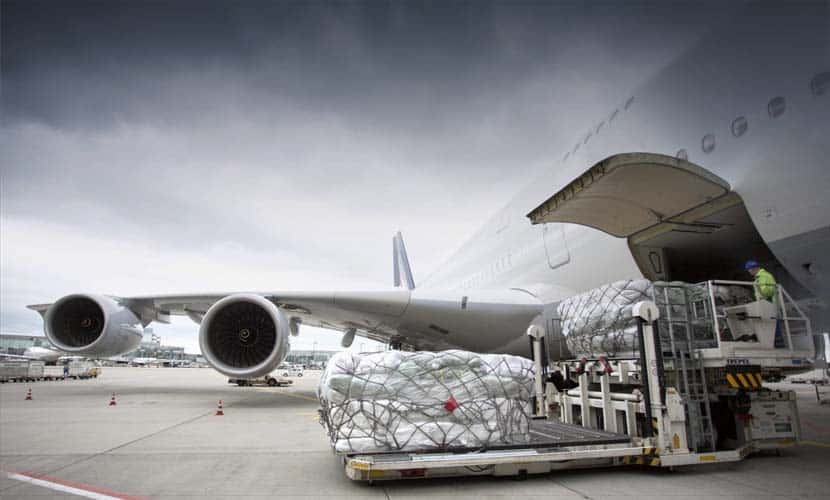Welcome To ChemAnalyst

As the global supply chain disruption due to scarcity in containers continues to haunt the shipping sector, the consequent slowdown of petrochemical and speciality chemical arbitrage since the third quarter of 2021 has put the petrochemical industry in a tight spot. The mounting freight charges, missing out on delivery schedules, chaos and delays in the unloading of shipment, and unabated increase in fuel prices have become a common scenario at the ports hampering the global export and import network to a severe extent.
Given that the ocean trade constraints are increasing with every passing day, many manufacturers are eyeing the air freight mode to evade the marine trading struggles and achieve their trading targets. Huntsman Corporation, the world’s high ranking petrochemical giant, confirmed that it has increased its export activity through air freight (which is an expensive mode) in the running year in comparison to its historical years.
Marine transportation, till now, has remained to be the preferable mode of trading both liquid chemicals (like oil) which are shipped in tankers and solid-state chemicals like polyethylene and polypropylene that are in pellet form and shipped in containers.
According to business intelligence, the shipping container crunch has crippled the logistics sector across the globe to such an extent that the shipping market futures may not see a positive light until the second quarter of 2022. The addition of more ships and container capacities that could shed the mounting load over the shipping sector will take a considerable amount of time. In addition to the container shortage, the congestion at ports is most likely due to the mismanagement of the existing containers as they are not available at the right places.
As per ChemAnalyst, the loss in trading activities is directly affecting the profitability of manufacturers and emptying the pockets of the consumers who are being passed on the high freight charges in the form of inflation in the prices of polyethylene and other petrochemicals-based products. Hence, the manufacturers have to resort to the less conventional and costly alternatives like air freights that are saving their necks during the ongoing nightmarish scenario. However, the air freights cannot be relied upon for long-term trading activities, and the market players are still hoping to see some respite in the ocean trade and logistics network amid the firm demand for polyethylene and related petrochemicals in the end-user industries.
We use cookies to deliver the best possible experience on our website. To learn more, visit our Privacy Policy. By continuing to use this site or by closing this box, you consent to our use of cookies. More info.
